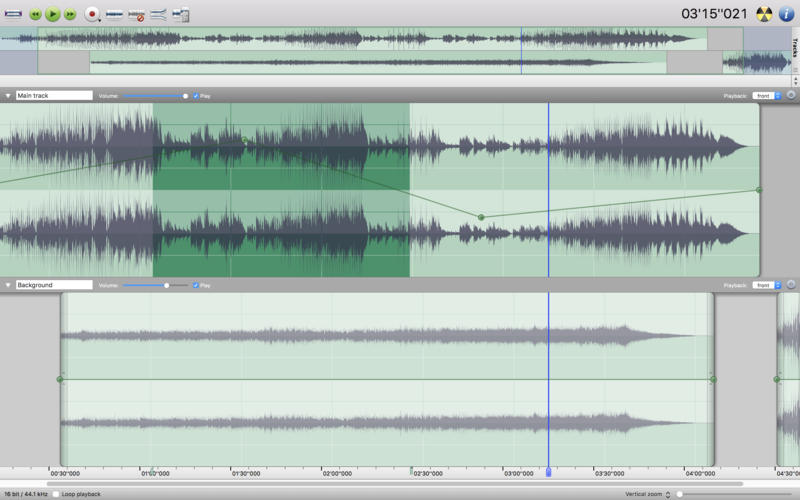
The “wrong” kind of music could be a gateway to moral corruption, Plato argued. Incidentally, the idea of music as a corrupting influence can be traced all the way back here. Plato argued that music was a great pedagogical tool, and was essential to the “correct” functioning of society. In its tendency towards symmetry and unity, he argued, it was not that different from math.Ī century later, Plato and then his disciple Aristotle would reject this idea of cosmic harmony, and argue that the true purposes of music was social, educational and personal. In Ancient Greece, the 6th-century BCE mathematician Pythagoras argued that music was a reflection of cosmic harmony. While the earliest purposes of music were likely propitiation and celebration, ideas of the place of music in the universe have varied widely. Like so much of music today, these ancient songs praise the Gods, invoke supernatural forces, deify those in power. The oldest surviving piece of recorded music is a hymn to the Mesopotamian goddess of fertility Nikkal, written in cuneiform on a clay tablet dating to about 1400 BCE.Īcross Ancient Egypt, India, China, Greece and Mesopotamia, songs that served important ceremonial functions survived in similar fashion, preserved on clay tablets, papyrus, and eventually paper. Andrea caught up with Peggy just after she’d finished teaching to find out more about her thoughts on Black History Month, what brought her to Scotland and how she combines academia and the arts.The earliest efforts to explain music’s power were tied up in overlapping ideas of religion and magic.
#AMADEUS LITE PODCAST TV#
She’s a regular TV contributor both in the UK and USA. She combines her academic career with her love of food and runs Perth’s Southern Fried Food Festival. She lives in Perth and lectures at the University of Glasgow on the history of Atlantic Slavery. She is an author and poet, chairs and performs at literary festivals, and loves to teach creative writing to all ages.ĭr Peggy Brunache is an Haitian American food historian and archaeologist. She runs educational and anti-racist programmes in schools and universities and leads walking tours focusing on Edinburgh's Black History. She founded the Edinburgh Caribbean Association and now curates a range of arts events across Scotland to promote Caribbean culture, spanning film, art, literature and live music. Windy, wet days don’t always lend themselves to a walking tour but that doesn’t deter Lisa Williams. Last year he set up WE ARE HERE SCOTLAND to support People of Colour across Scotland, to address the hurdles many experience in finding funding and opportunities as well as open up discussions about race and racism in Scotland. He spoke to Andrea from his studio in Aberdeen. As well as his day job in social work he has been highlighting the work of talented creatives, from artists and poets to musicians and DJs, both on social media and on his podcasts. Ica Headlam moved from London to Aberdeen in 2004. Andrea Baker caught up with him at the RSNO centre to talk about the lack of diversity in the classical music world and how that is slowly changing.

Recently he became a trustee of Sistema Scotland, a programme which makes learning musical instruments more accessible for young people who might not readily have the opportunity. He was a founding member of Chineke, a majority black and ethnically diverse orchestra. He also teaches at the Royal Conservatoire in Glasgow. Paul Philbert became Principal Timpanist with the RSNO back in April 2018.



During Black History Month, Andrea brings us four different conversations with people who have made Scotland their home and are involved in the Scotland’s artistic, creative life.


 0 kommentar(er)
0 kommentar(er)
